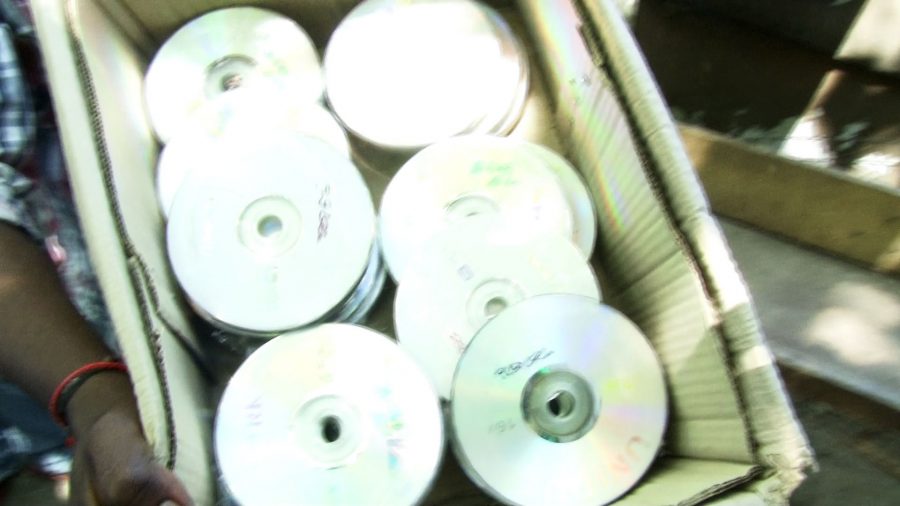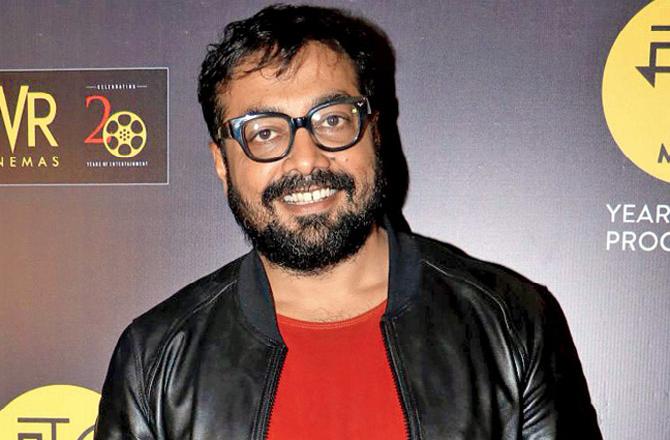As the Covid-19 pandemic and the consequent lockdown forced shut theatre halls, production houses resorted to releasing films like Halal Love Story and Vijay Sethupathi’s Ka Pae Ranasingam on OTT platforms to salvage their losses. The easy availability of these big-ticket films, however, has enabled popular video piracy sites, like TamilRockers and Khatrimaza, to release pirated versions of these films within hours of their premieres in HD print.
According to a report by Irdeto, a global solutions provider in digital platform security and media and entertainment, the Indian media and entertainment industry loses $2.8 billion of its annual revenue to piracy.
After the Indian film industry waged a long battle against piracy, the Centre last year introduced strict penal action- any person caught performing the act of piracy would face imprisonment for up to three years or pay a fine worth Rs 10 lakh, or both. However, this hardly tackles the problem.
Producer Mukesh R Mehta, of E4 Entertainment and who recently released Varmaa, told Silverscreen India that the decision of releasing the film on an OTT platform was to ensure it doesn’t get pirated. The idea backfired.
“I did not want to release Varmaa on an Indian OTT platform, but since we had already made an international deal, we knew that the film would get pirated from there and reach India,” he said.
Pirated prints of Varmaa were released within hours of its OTT release.
“There are two ways it can be stopped. The government can ban piracy websites the way TikTok or PUBG had been banned. The second thing that can be done is somebody should take the advertisers, who put money on these websites, to court. Producers can get together and file a case against these advertisers or send them a written complaint. If the revenue of these websites is cut off, how will they run without making money?” said Mehta.
Producer Hitesh Jhabak, who has bankrolled Prabhu Deva’s yet-to-release film Pon Manickavel, says piracy can be stopped if individuals take responsibility, along with higher authorities.
“The Tamil film industry probably sees more cases of piracy and until everyone realises that this is somebody’s bread and butter being watched for free, it can’t be stopped. The higher authorities should treat it as a war and try to reduce it,” he told Silverscreen India.
“The entertainment industry is not taken very seriously. Otherwise with today’s advancement of technology, an issue like piracy can be stopped. For any ordinary person, a film is just two hours entertainment that they can watch from anywhere. They don’t care whether it is websites or OTT platforms or theatres,” he said.
According to director Ganesh Raj, piracy can be ended by making films readily available to everyone legally.
Recommended
“From a holistic point of view, two major problems why piracy happens is because of lack of availability of films and the high price of tickets. If we can counter these two things by getting more theatres to open and capping prices of tickets, then maybe to a certain level we can manage piracy. The motto should be that watching it legally should be easier than watching it illegally. Maybe we will invent a technology at some point to eradicate it, but the concern should be about what we can do right now,” he told Silverscreen India.
Piracy has been going on for decades, and members the film industry wonder why the problem is not dealt with firmly. The entertainment industry is not given priority, feels Dhananjayan.
“I think the government is not taking it seriously because issues like piracy are not a priority for them. Violation of Intellectual Property Rights is not considered a serious crime, even though many petitions have been filed in the past years. Nothing has changed still,” he says.



